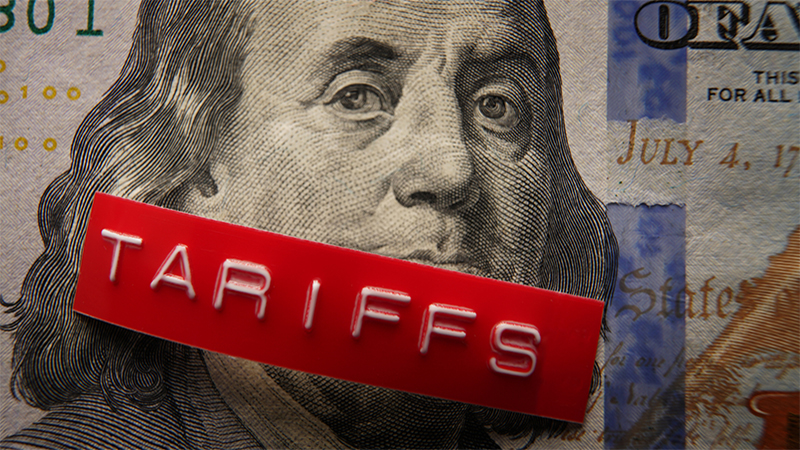For some time, the discount broker has been showing its dislike for performance fees. This is only a positive step for investors who see the fees as a way of being charged twice to access a fund manager’s expertise.
Hargreaves removed Philip Gibbs’ £742m Jupiter Absolute Return Fund from its Wealth 150 list of favourite funds this week, citing the fact the product charges a performance fee and its underperformance in rising markets.
It also took Steve Cordell’s Cazenove UK Absolute Target Fund off the list earlier this year after becoming “uncomfortable” with its performance fee and Mark Dampier, head of research, said other funds with charge will be re-examined in due course.
Richard Troue, analyst at Hargreaves, said: “We believe it is time for the fund management industry to reappraise this type of fee structure. We have made this point to Jupiter, and other fund management groups, but so far they have proved unwilling to amend the fees or the associated benchmarks.”
So the industry seems reluctant to move on the issue. Groups using performance fees have some tried-and-tested justifications for the charges – but mounting criticism should make them take another look at their reasons.
Performance fees as a responsible incentive
The past few years have been marked by a growing trend for performance fees, especially in the absolute return space, with funds typically charging an extra 20% when performance passes a certain level.
Asset management houses supporting performance fees say they align the interests of the fund manager with those of the end investor by creating an additional incentive for managers to achieve returns that are uncorrelated to the market’s direction.
They also deny that the fees are just another way to increase the revenue they receive from individual investors.
Hargreaves Lansdown’s criticism of the Jupiter Absolute Return Fund noted that its15% performance fee can be levied on any returns over three-month Libor. As Libor is sitting below inflation, this creates the potential for investors to be hit with the fee even if a real return has not been made.
In Jupiter’s defence, its fund has never charged its performance fee and noted that scrapping it would lead to higher fees overall. Since launch, investors have been charged a 1.25% annual management charge (AMC) but this would have to rise to the industry standard of 1.5% should Jupiter remove the performance fee.
The group added: “While measures to stimulate the economy have depressed Libor below the rates of inflation in the short term, we do not feel it is appropriate to be chopping and changing the fund’s charging structure for what we believe is a unique, temporary situation in markets.”
Performance fees don’t seem to be a mechanism for ‘greedy’ asset manager to layer extra costs on their investor. The Jupiter fund’s investors seem to be 25 basis points better off with an unused performance fee than if they faced the typical AMC.
Why charge performance fees in the first place?
But critics of performance fees take issue with the very existence of the charge, saying fund managers should need an extra level of incentivisation to do their jobs.
“Shouldn’t they be working hard anyway?” Dampier asked. “Besides, they’re already incentivised because they get a percentage of the management fee, so the better the fund the better for them.”
Dampier, who slammed performance fees as a “con” and said they are a way of “paying more for something you used to get for less”, also pointed out that there are no penalties when funds underperform – only rewards when they achieve their goal.
He argued that scrapping performance fees entirely would be “fairer” for the investor. “I haven’t seen a particularly great performance fee structure as yet. Ultimately, there might be one out there but it doesn’t exist at the moment,” Dampier commented.
Dampier raises some good points when attacking performance fees. No-one likes to think they are being charged twice and, maybe naively, I’d like to think that a good fund manager will run his money to the best of his ability regardless of any extra incentives.
But maybe the strongest reason for asset managers taking another look at performance fees comes from Towers Watson’s latest research, which showed demand for low-cost passive funds is significantly outstripped growth in the asset management industry overall.
In a world where investors are focusing increasingly on cost, can asset managers that find ways to add extra fees really expect to benefit?
Whether performance fees are ‘fair’ or not isn’t really the issue for the cost-conscious investor. They will vote with their wallets and as criticism of performance fees grows, fund groups standing by them could find their incentivised managers sat with a dwindling pool of money to run.










